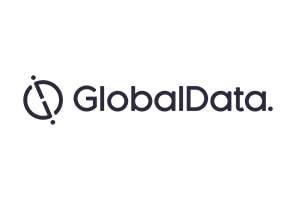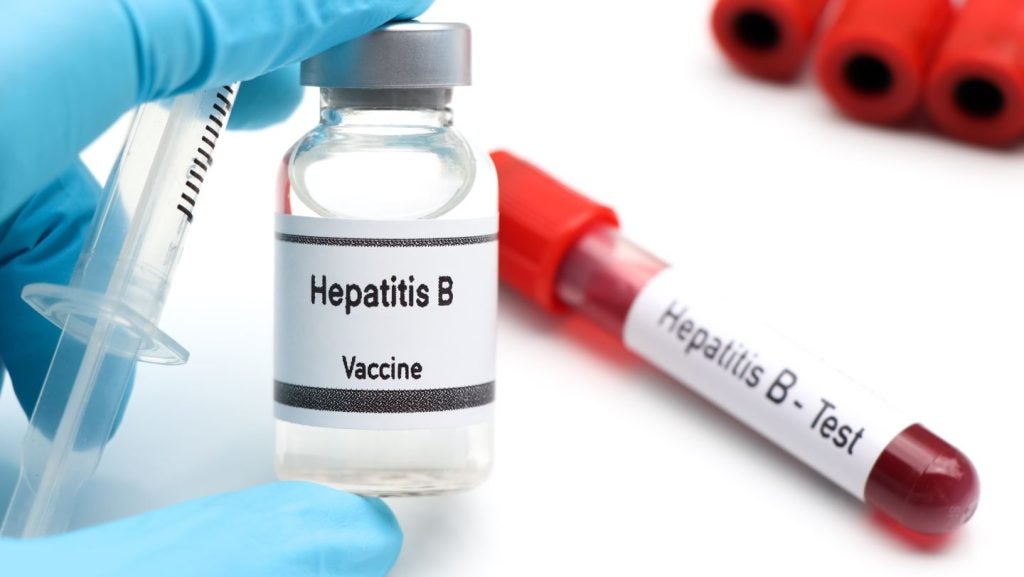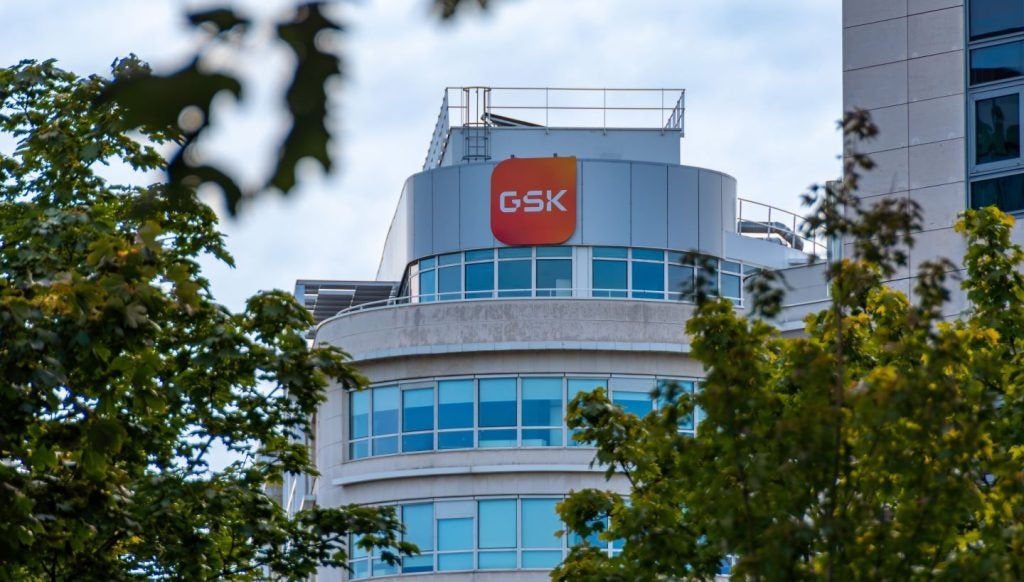
On 22 June, the US Food and Drug Administration (FDA) rejected Pfizer’s proposed biosimilar for Amgen’s blockbuster anemia drug Epogen.
This surprise ruling came just one month after the FDA Oncologic Drugs Advisory Committee (ODAC) voted 14 to one in support of the epoetin zeta biosimilar for all four of the indications in which Epogen is approved. While the ODAC noted 'minor differences in clinically inactive components', it concluded that there were 'no clinically meaningful differences' between the reference product and the biosimilar 'in terms of safety, purity, and potency'. If approved, it would have become the first Epogen biosimilar in the US.
The FDA’s negative verdict was due to concerns about Pfizer’s fill-finish plant in Kansas, which was listed as the potential manufacturing site in the Biologics License Application (BLA). In February 2017, the FDA issued Pfizer a warning letter for this plant, summarising violations of current good manufacturing practice (CGMP) regulations for finished pharmaceuticals. It also noted similar violations at other Pfizer facilities, and concluded that “these repeated failures at multiple sites demonstrate that your company’s oversight and control over the manufacture of drugs is inadequate”.
Following receipt of the warning letter, Pfizer submitted a corrective and preventative action plan to the FDA in March 2017. On June 22, following the rejection, the company released a statement asserting that it was working diligently to address the items outlined in the warning letter and was committed to making the biosimilar available to patients and physicians as quickly as possible.
This marks the second time that Pfizer’s epoetin zeta biosimilar has been rejected by the FDA. Pfizer first submitted a BLA for the drug in January 2015. In October of that year, the FDA issued a response requesting more evidence and data. Marketed as Retacrit, the drug received marketing authorisation (MA) from the EU in 2007 and from the UK in 2014.
See Also:
Pfizer is not the only pharmaceutical giant attempting to bring an Epogen biosimilar to market in the US. Novartis achieved approval for Binocrit in the EU in 2007, and is planning to submit an application in the US. In its Q1 2017 presentation, the company indicated that it was targeting submission in 2017 after it had a chance to “evaluate some additional data that has come in”. However, its Q2 2017 earnings presentation featured no mention of the drug, leaving its status unknown.
How well do you really know your competitors?
Access the most comprehensive Company Profiles on the market, powered by GlobalData. Save hours of research. Gain competitive edge.

Thank you!
Your download email will arrive shortly
Not ready to buy yet? Download a free sample
We are confident about the unique quality of our Company Profiles. However, we want you to make the most beneficial decision for your business, so we offer a free sample that you can download by submitting the below form
By GlobalDataGlobalData expects Pfizer to satisfactorily address the FDA’s issues in the coming months. Given the FDA’s positive opinion on the drug itself, with regards to its similarity to Epogen, approval is expected when it is submitted for a third time.
However, this rejection was an unnecessary and surprising misstep for a major drug developer such as Pfizer. The FDA had cited five other plants for similar problems in four warning letters from 2012–2015, and Pfizer was also made aware of the problems with the Kansas plant in the February 2017 warning letter.
The company’s inability to address these issues is a costly mistake, both in terms of the re-submission adding to the development cost and with regards to the lost revenue that a delay in approval will bring.








Related Company Profiles
ODAC
Novartis AG
Amgen Inc
Pfizer Inc
B.L.A., INC.